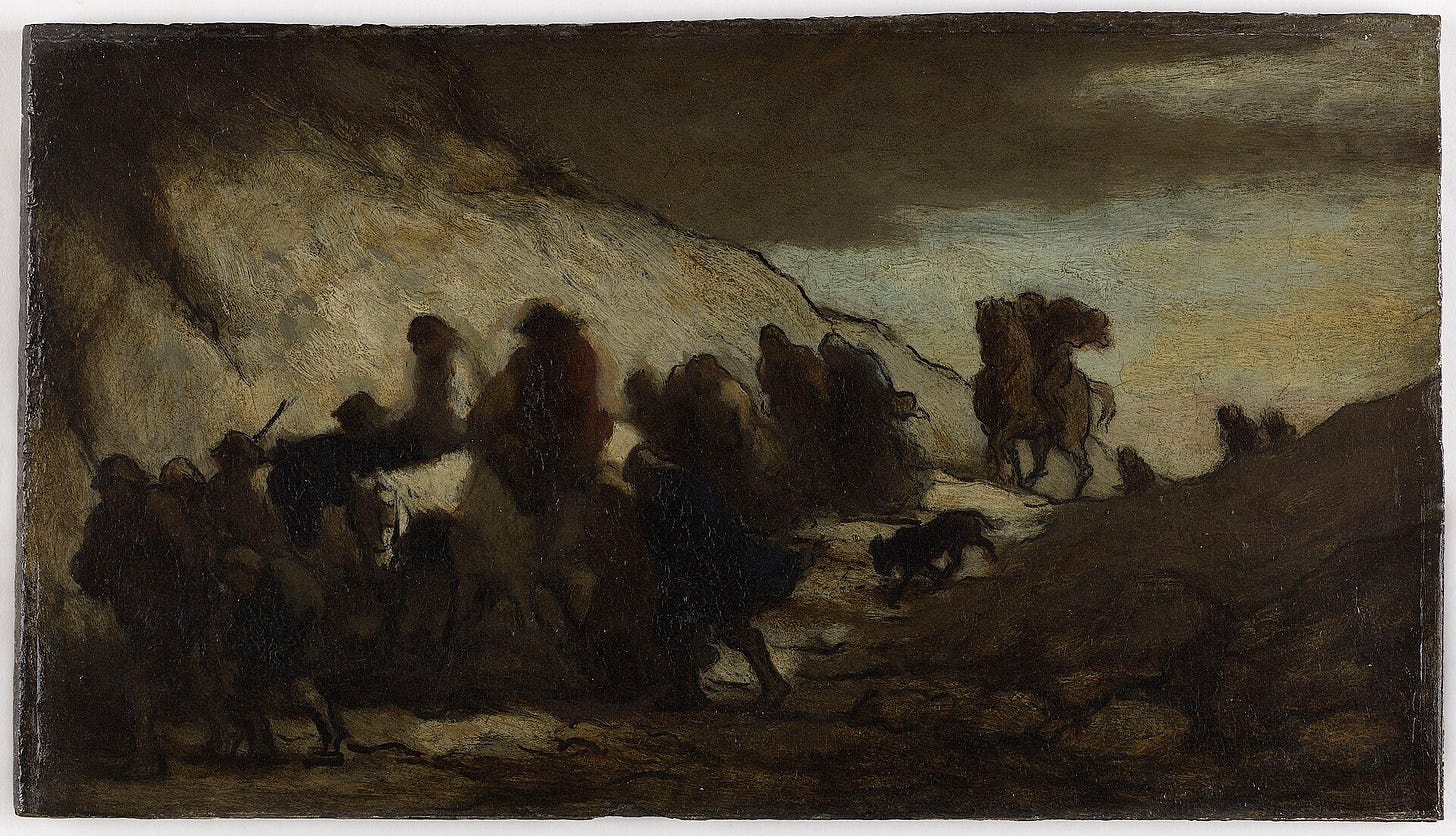Crackpot meets Armchair; 'Political Capitalism' revisited; One Eddington After Another
Reading, Watching 11.09.25
This is a regular feature for paid subscribers wherein I write a little bit about what I’ve been reading and/or watching.
If you’re not yet a paid subscriber but regularly read, enjoy, or share Unpopular Front, please consider signing up. This newsletter is completely reader-supported and represents my primary source of income. At 5 dollars a month, it’s less than most things at Starbucks, and it’s still less than the “recession special” at Gray’s Papaya — $7.50 for two hot dogs and a drink.
You can buy When the Clock Broke, now in paperback and available wherever books are sold. If you live in the UK, it’s also available there.
In case you missed it, Max Read and I were joined by the New Yorker’s Jay Caspian Kang for our bi-weekly Live video this past Wednesday to talk about the elections and more.
I was looking at David Austin Walsh’s Taking America Back: The Conservative Movement and the Far Right this past week and was intrigued by the discussion of an old book from 1948 called A Mask For Privilege: Anti Semitism In America by Carey McWilliams. McWilliams was a hero of the Popular Front left of the 1930s and 40s, an investigative journalist who wrote about topics ranging from the plight of interned Japanese Americans and poverty and corruption in Southern California. His book on the latter subject formed the basis for Polanski’s Chinatown. He’d go on to be editor of The Nation for many years. A Mask for Privilege is a very sophisticated and astute interpretation of antisemitism in America from a sociological and materialist angle that still has much to offer almost 80 years later. He was writing during a period of widespread social discrimination against Jews—exclusion from clubs, jobs, elite universities, etc.—which no longer exist, but his overall point, that antisemitism redirects class resentments from a potentially radical politics to a reactionary one, remains highly relevant. Antisemitism appears to be attacking social inequities, but always serves to preserve social hierarchy. But from the standpoint of today, the most interesting concept is McWilliams’s distinction between “crackpot antisemitism” and “armchair antisemitism.” Crackpot antisemitism, he associates with marginal demagogues like Gerald L.K. Smith, William Dudley Pelley, and Father Coughlin. Armchair antisemitism, he identifies with respectable members of society, like Henry Ford or Charles Lindbergh. “Crackpot antisemitism” is the antisemitism of what I call “the mob”. The crackpots exist to encourage the open expression of antisemitism, to lower inhibitions:
The real function of the crackpot anti-Semite, however, is not to develop arguments but to encourage the open expression of anti-Semitism on the part of the latent anti-Semite. The crackpots function vicariously for their inarticulate listeners by doing and saying what the latter would like to do and say, but either cannot or dare not. The antics of the completely uninhibited anti-Semite are essentially aimed at releasing the inhibited anti-Semitism of his audience.
He paraphrases Adorno, writing that the crackpots are “masterly salesmen of their own psychological defects,” which is certainly the case of Nick Fuentes. He interpreted the America First Committee as the “first attempt to form an open alliance between the armchair anti-Semites and their crackpot allies.”
I think one can fruitfully apply this frame of crackpot and armchair to the Fuentes-Tucker interview. Tucker plays the role of armchair, the calm, tolerant, inquisitive, “Christian” father and husband, of respectable WASP pedigree, while Fuentes plays the crackpot: unhinged, snarling, lower-middle-class, of earthier Catholic and ethnic roots. Together, they work hand in hand to launder and spread antisemitic propaganda.


